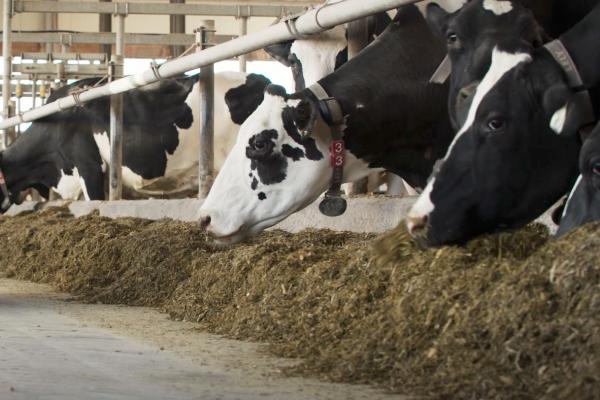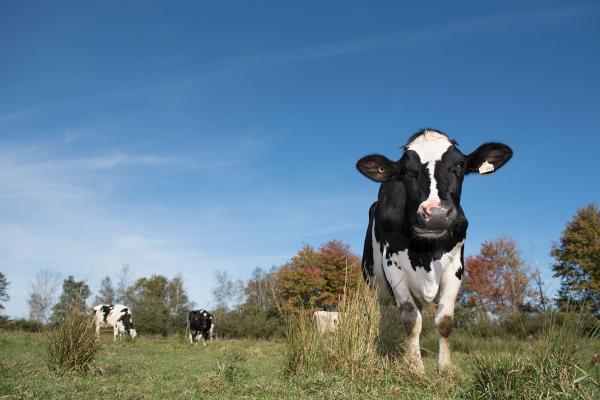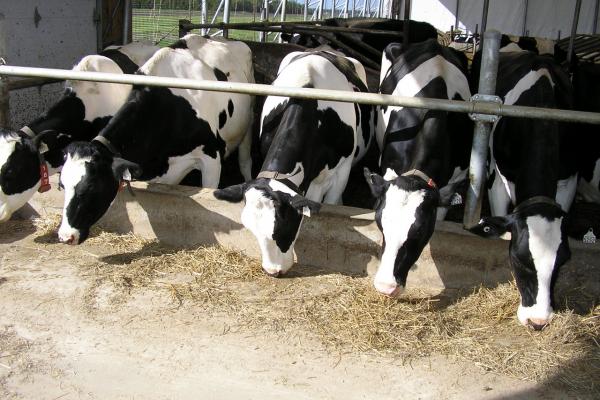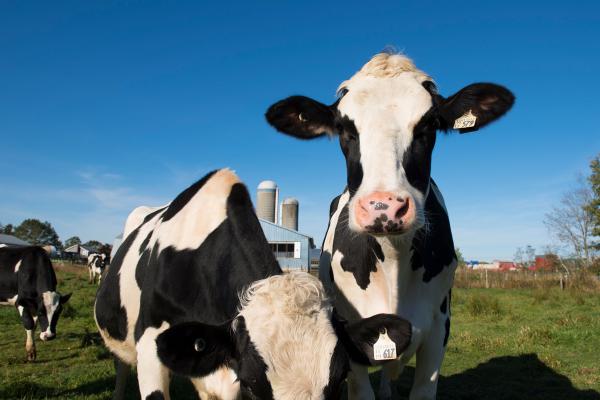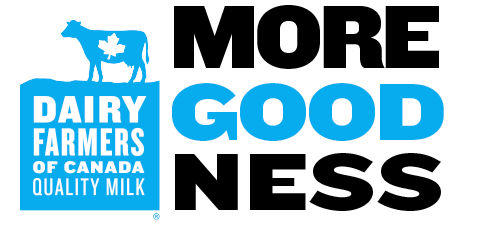Highlights
- According to the World Cancer Research Fund the sum of the evidence suggests that total dairy product consumption is either not associated with risk of breast cancer or may reduce the risk of breast cancer.
- Other seminal studies echo these conclusions.
A new study was recently published looking at the associations between dairy consumption and breast cancer risk. DFC is concerned that the findings of this study could be misleading.
The authors themselves note a number of limitations of the study, as follows:
- “weaknesses of this study are its observational design and possible residual confounding between dairy and unmeasured factors, despite extensive covariate adjustment.”
- “causality specifically attributable to dairy products is not proven by this work.”
According to the World Cancer Research Fund, which is considered the authority on diet, weight, physical activity and cancer risk, the sum of the evidence suggests that total dairy product consumption is either not associated with risk of breast cancer or may reduce the risk of breast cancer. Milk is specifically not associated with risk in both pre and post-menopausal women.
Other seminal studies echo these conclusions. A 2015 meta-analysis of prospective cohort and case control studies by Zang et al – which included more than 1.6 million participants – indicated that milk is either not associated with risk of breast cancer or is associated with a reduced risk of breast cancer.
Here are a few additional resources on diet and breast cancer as well as scientific evidence around the role of dairy and some of its key nutrients and breast cancer risk.
- Canadian Cancer Society. 2018. Breast cancer.
- World Cancer Research Fund / American Institute for Cancer Research, 2018. Diet, Nutrition, Physical Activity and Cancer: a Global Perspective, Continuous Update Project Expert Report 2018.
- Zang J et al. The association between dairy intake and breast cancer in Western and Asian populations: a systematic review and meta-analysis. J Breast Cancer 2015;18:313-322.
- Hidayat K et al. Calcium intake and breast cancer risk: meta-analysis of prospective cohort studies. Br J Nutr 2016;116:158-166.
- Chen P et al. Meta-analysis of vitamin D, calcium and the prevention of breast cancer. Breast Cancer Res Treat 2010;121:469-477.
- Gandini S et al. Meta-analysis of observational studies of serum 25-hydroxyvitamin D levels and colorectal, breast and prostate cancer and colorectal adenoma. Int J Cancer 2011;128:1414-1424.
- Krishnan AV and Feldman D. Mechanisms of the anti-cancer and anti-inflammatory actions of vitamin D. Annu Rev Pharmacol Toxicol 2011;51:311-336.
- Rohan TE et al. A randomized controlled trial of calcium plus vitamin D supplementation and risk of benign proliferative breast disease. Breast Cancer Res Treat 2009;116:339-350.
- Knight JA et al. Vitamin D association with estradiol and progesterone in young women. Cancer Causes Control 2010;21:479-483.
- Bauer SR et al. Plasma vitamin D levels, menopause, and risk of breast cancer: dose-response meta-analysis of prospective studies. Medicine (Baltimore) 2013;92:123-131.
- Duarte DC et al. The effect of bovine milk lactoferrin on human breast cancer cell lines. J Dairy Sci2011;94:66-76.
- McGowan MM et al. A proof of principle clinical trial to determine whether conjugated linoleic acid modulates the lipogenic pathway in human breast cancer tissue. Breast Cancer Res Treat 2013;138:175-183.
- Arab A et al. The effects of conjugated linoleic acids on breast cancer: a systematic review. Adv Biomed Res 2016;5:115.
